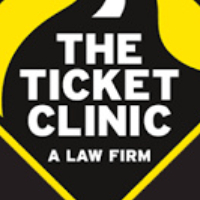Trilby Felony Lawyer, Florida
Sponsored Law Firm
-
 x
x

Click For More Info:
-
Law Office of Mark S. Guralnick
55 Madison Avenue 4th Floor Morristown, NJ 07960» view mapCriminal Defense Law Dedicated. Fearless. Successful.
Mark S. Guralnick and his legal team have helped clients throughout the USA and across the world by applying unparalleled dedication and hard work to each case.
800-399-8371
Robert Allen Morris
✓ VERIFIEDCriminal, Felony, Misdemeanor, DUI-DWI, Divorce & Family Law
Robert A. Morris, Jr. has been practicing law in Hernando County since 1991 when he started his career as an Assistant State Attorney for the Fifth Ju... (more)
FREE CONSULTATION
CONTACTMichael Leonard Mastrogiovanni
Juvenile Law, Misdemeanor, Felony, DUI-DWI
Status: In Good Standing Licensed: 19 Years
FREE CONSULTATION
CONTACTDina Busciglio Sheridan
Domestic Violence & Neglect, Felony, DUI-DWI, Criminal
Status: In Good Standing Licensed: 22 Years
Michael Celso Gonzalez
Criminal, Accident & Injury, Felony, Medical Malpractice
Status: In Good Standing Licensed: 34 Years
FREE CONSULTATION
CONTACT Mark Guralnick Morristown, NJ
Mark Guralnick Morristown, NJ AboutLaw Office of Mark S. Guralnick
AboutLaw Office of Mark S. Guralnick Practice AreasExpertise
Practice AreasExpertise



